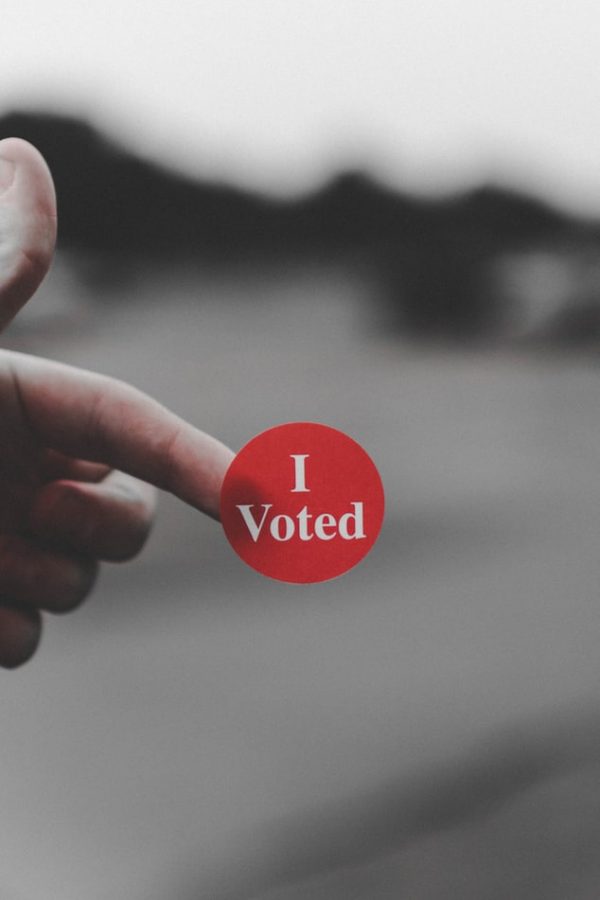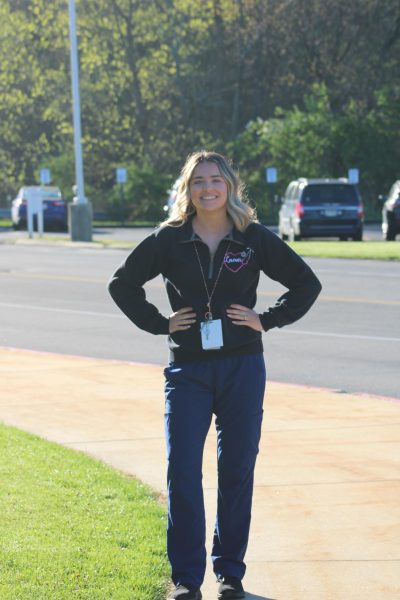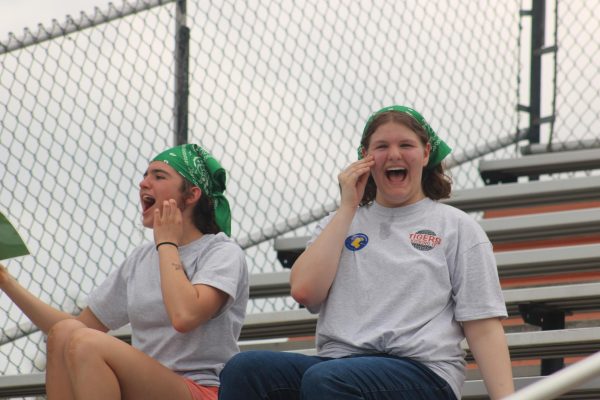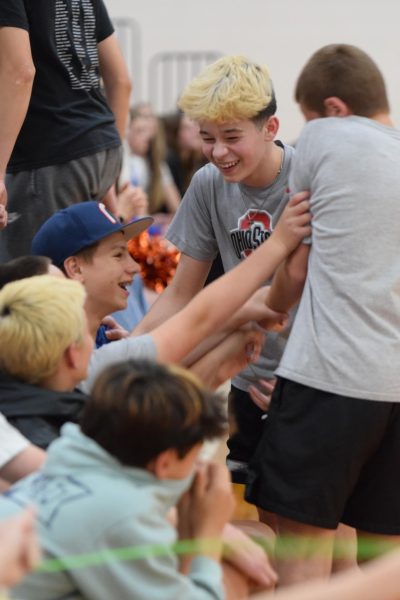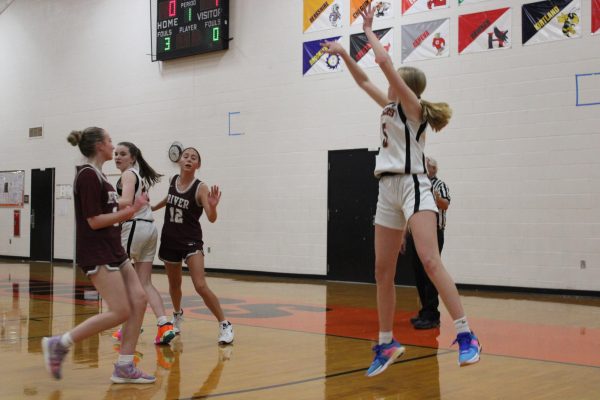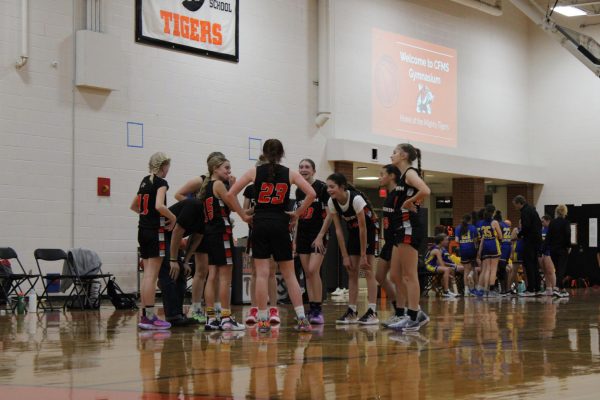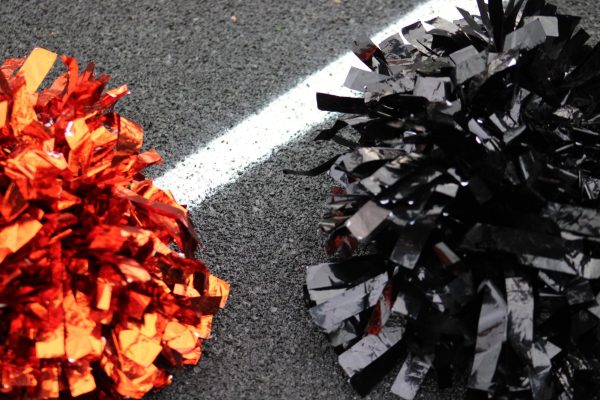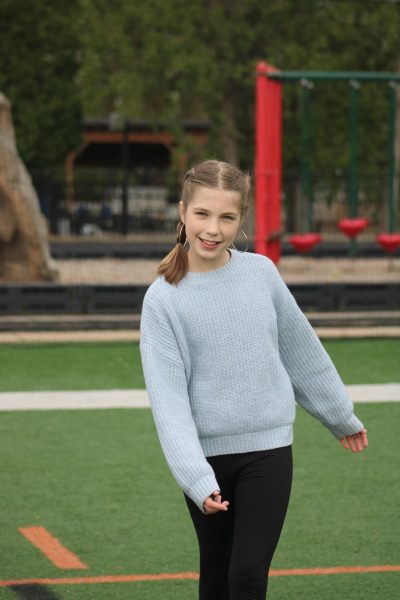As Election Day Looms Closer, Votes Pile Up
2020 is a year like none other, so it is only fitting that this year’s United States presidential election is like none other as well. While Covid-19 infiltrates our communities, another pandemic is hitting our country: a pandemic of polarization. The United States is as polarized as it has ever been, and that is nowhere more apparent than in the polls. So, as we have a record-breaking year for medicine and economics we also have a record-breaking year for elections.
Early and mail-in voting is normally seen as only necessary if someone was going to be out of town on election day, physically could go to a polling place, or had a medical condition that makes voting early needed. This year, though, is different. Millions of people are voting early because of the added health risk of voting on election day during a pandemic. As of Monday night, CNN reports over 60 million people have voted nationwide, which is 42% of the total turnout in 2016. Not to mention there is still a few days before Election Day itself. The New York Times adds that Election officials and Political Scientists are projecting that over 80 million people will have voted before midnight on November 2nd. 80 million ballots are a lot of votes to record, voting registrations to check, and signatures to verify, so some people are worried about how long the results will take to come in on or after Election Day. This is a valid worry, given the pandemic and that most poll workers are normally retired seniors. There is less manpower to count votes this year and more mail-in and early votes to count. So, this creates a bit of a debacle, along with pressure from the current president, Donald Trump, and Republicans to have a clear winner on Election Night even if not all votes are counted. The problem with wanting to announce a winner on Election Night this year is that it discounts so many votes. While some states allow officials to start counting early and mail in votes before Election Day, like key swing states North Carolina, Florida, and Georgia, other key states, such as Michigan, do not allow early and mail in votes to be counted until November 3rd.
Another aspect of early voting this year that makes it stand out is that more Democrats are voting early compared to other years. CNN explains that in the five key swing states, Michigan, Pennsylvania, Florida, Arizona, and North Carolina, registered democrats make up from 7% to 50% more of the early voting data than registered Republicans. A phenomenon caused by these early and mail in votes being mostly democratic is called The “Blue Shift.” As The Washington Post finds the “Blue Shift” occurs when the initial results early on Election night point to Republican wins, but as the night progresses and more votes are counted in days to come a Democatic win becomes apparent. With the President trying to push to get these ballots not counted, some journalists are saying he is attempting to suppress some democratic votes. In addition to more Democrats voting early, more women, young people, and people of color are voting early too. NPR further states that more than six times the amount of African Americans have voted early this year than at this point in the 2016 election. The more diverse our voting electorate is in The United States, the more accurate our representation can be in our government.
The Tiger Tales Newspaper interviewed three teachers at CFMS. The first was Mr. Brown, he teaches algebra and geometry. Mr. Brown is one of the millions of Americans who have already voted early; he voted by mail. This is a safe alternative to in person voting to protect against the risk of Covid-19 exposure. The second teacher interviewed was Mr. Lardell, the French teacher. Just like Mr. Brown, he also has voted by mail. Their mail in ballots are collected at their county board of elections and then counted on election day. The last teacher interviewed was Mrs. Polcar, she teaches honors English and is the Speech and Debate coach. Unlike the prior teachers she plans to vote on election day; this is the traditional way of voting. On election day she will go to her local polling station, wait in line, and cast her ballot. Both voting by mail and in person are good choices, all that matters is that every person’s voice is heard. All of the teachers pointed out that voting is a very important part of any democracy and that everyone should vote.

Fraya Brattebo is a journalist for the Tiger Tales newspaper and an involved student at Chagrin Falls Middle School. At school Fraya is a member of Power...
